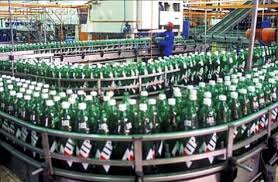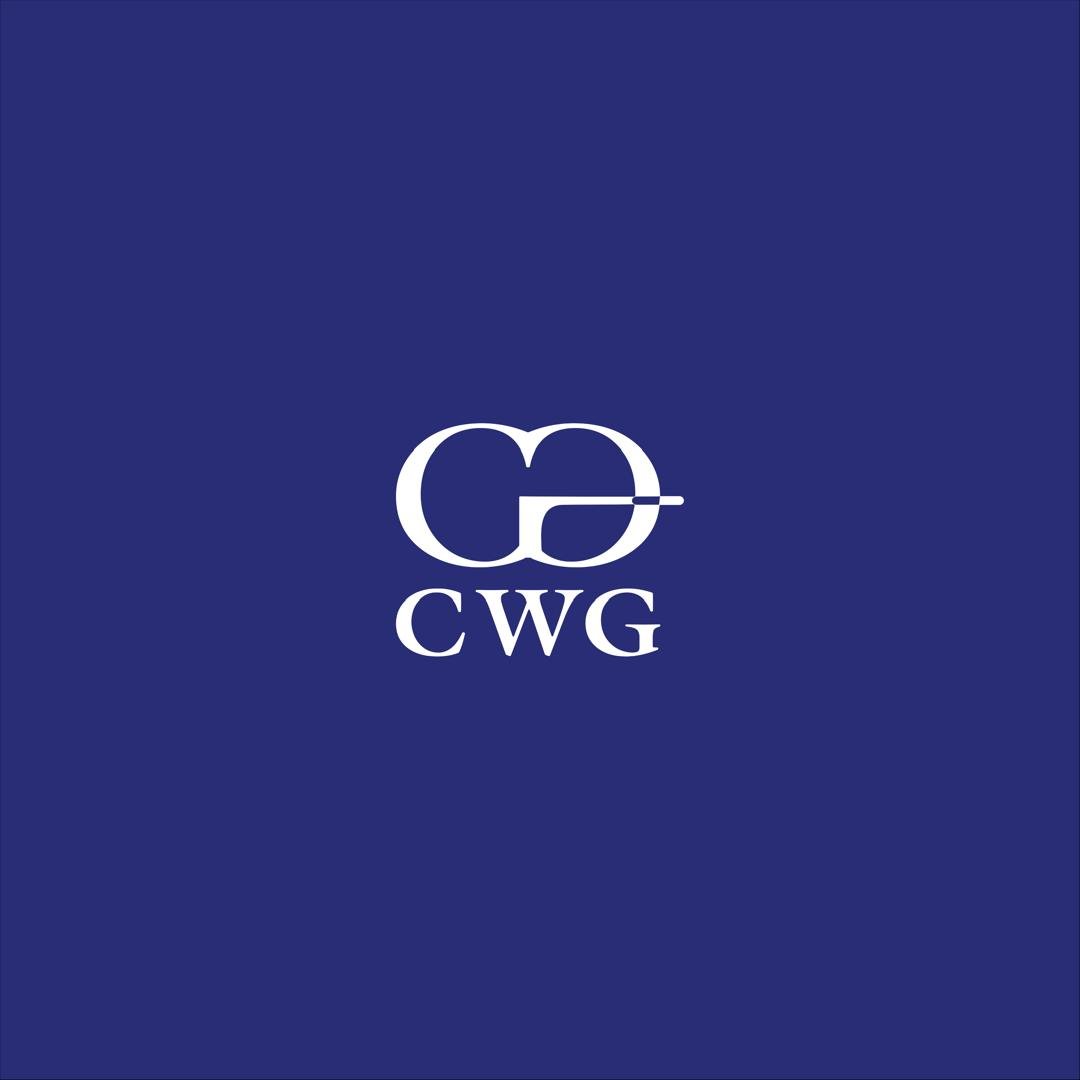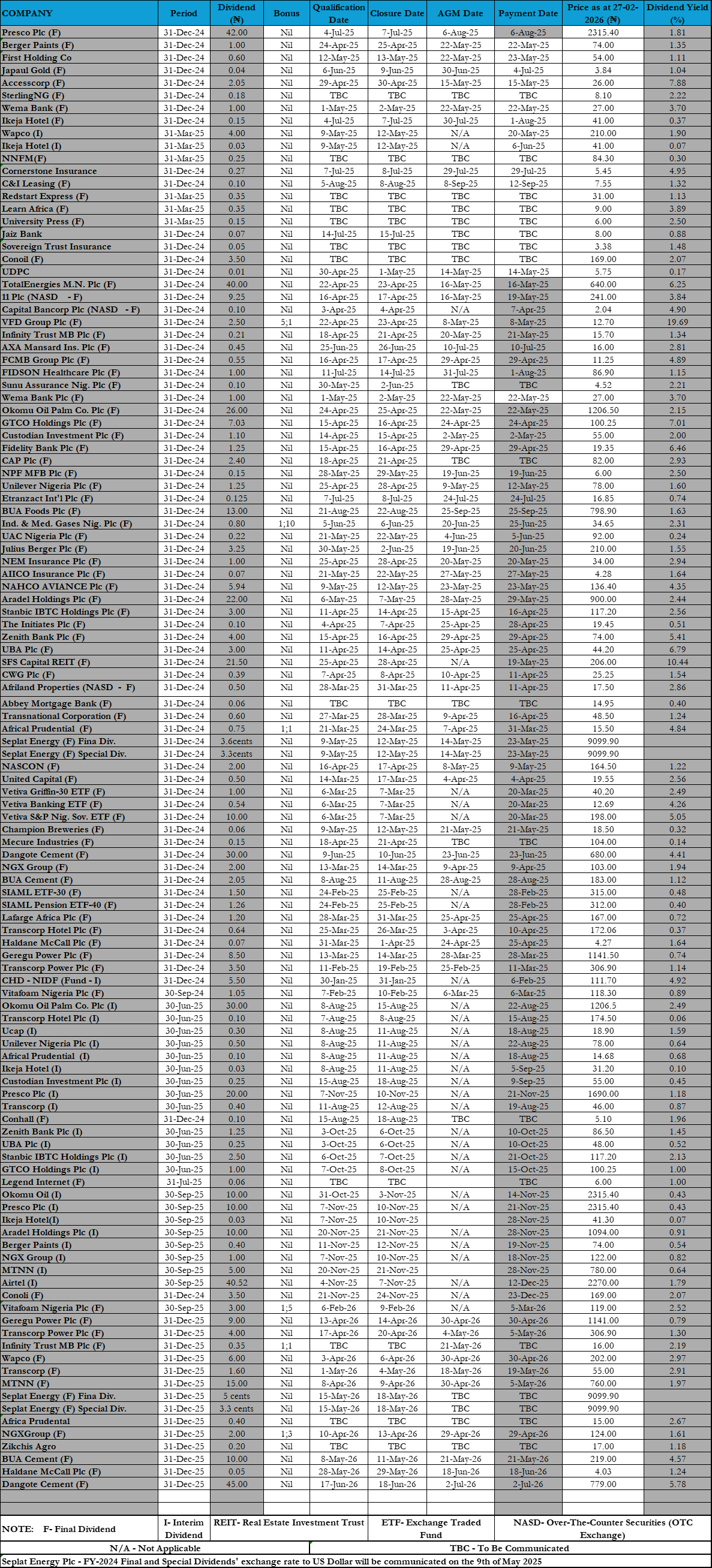
For shareholders of carbonated soft drinks giant, 7-Up Bottling Plc, it was a black Friday on the Nigerian Stock Exchange (NSE), as the company’s directors released its audited report for the full year ended March 31, 2017, showing a net loss of N10.776bn, which translated into loss per share of N16.82, as against the previous year’s profit of N3.347bn or N5.23 for each of the 640.59m shares in issue.
The non-recommendation of dividend is coming a year after the directors paid a dividend of N1.60 and N2.75 per share to shareholders for the 2016 and 2015 financial years respectively.
The loss recorded in the 2017 full-year was despite the rise in 7-Up’s sales revenue for the period, which was slower than the growth in operating costs, particularly that of importing raw materials for production.
Specifically, turnover for the period rose by about 26% or N22.643bn from N85.634bn to N108.277bn, most of which was earned locally, just as revenue from exports of its products rose significantly from N17.988m to N274.022m.
Cost of sales stood at N95.349bn, up by N34.727bn or 57.28% from the previous full-year’s N60.622bn. The most significant contributor to the cost of sales was the cost of raw materials and consumables, which soared from N48.058bn to N85.626bn, representing an increase of about N37.568bn or 78.17%, resulting in gross profit at N12.927bn, down from N25.012bn.
Selling and distribution expenses rose to N13.91bn from N11.801bn, there was the drop in advertising and sales promotion cost from N3.352bn to N2.41bn; depreciation stood at N9.487bn from N9.325bn. Administrative expenses remained flat at N6.651bn from N6.566bn, the lion’s share of which was the personnel expenses of N10.045bn, as against the previous N10.872bn; transportation cost dropped slightly to N2.126bn from N2.36bn; while repairs and maintenance rose to N5.523bn from N4.35bn in 2016.
This resulted in an operating loss of N7.208bn, as against the previous N6.961bn profit in the previous financial year.
Finance income for the period rose to N424.008m from N41.571m, the bulk of which was the net gain on foreign exchange transactions, which rose from N252.084m, as against the previous N10.116m; while derivative gain stood at N131.848m, a sub-item that did not exist in prior year; while interest income on bank deposit rose to N40.076m from N31.455m. Finance cost jumped to N4.444bn from N3.245bn in 2016, the biggest of which was the N3.39bn interest expense and the N306.78m derivative loss of N306.78m; while interest on overdraft climbed to N746.604m from N429.096m.
This left net finance costs at N4.02bn, as against the preceding year’s N3.203bn. There was also gain on foreign exchange transactions amounting to N252.084m, as against the previous N10.116m.
Loss before tax stood at N11.228bn from a profit of N3.757bn; following which after tax loss stood at N10.776bn from a profit of N3.347bn, representing decline of about 422%












